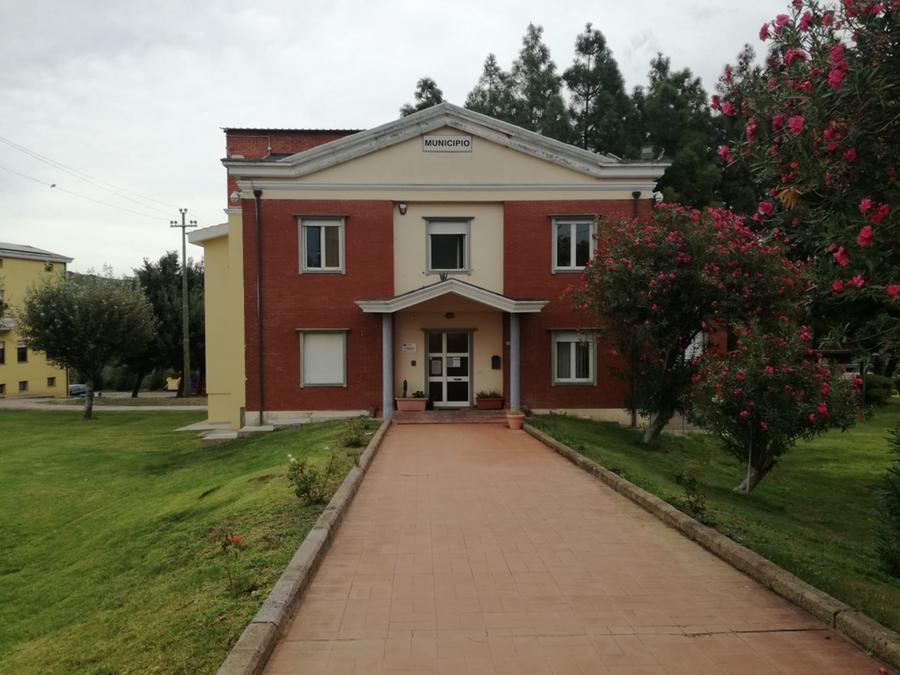

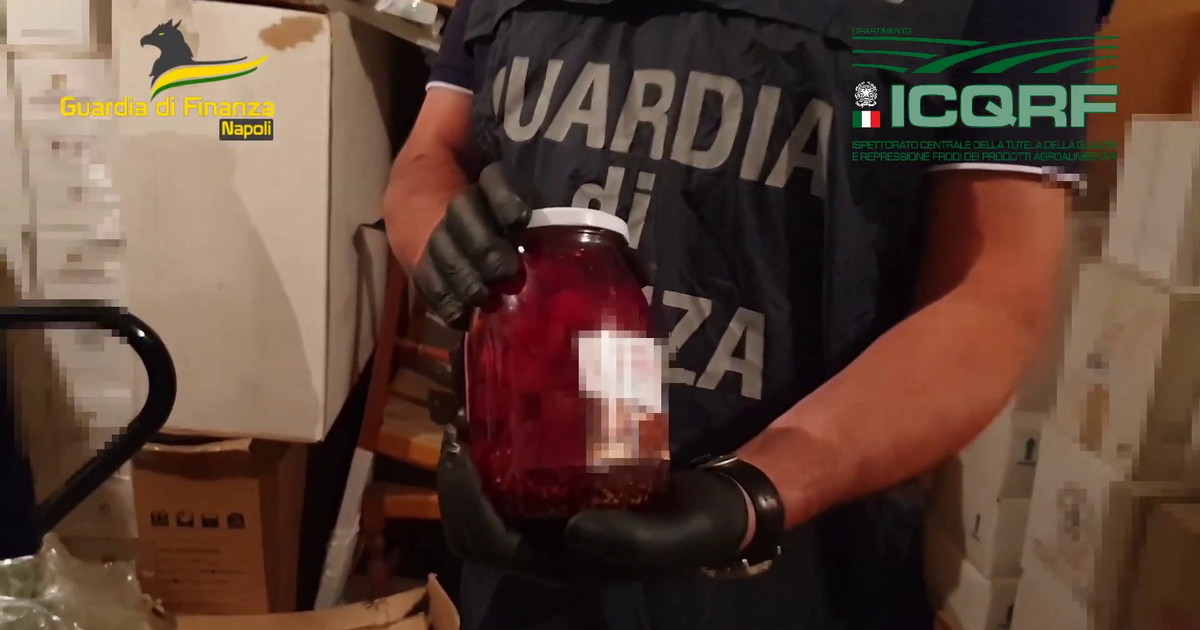
Controlli agroalimentari, record di ispezioni e sequestri
Controlli agroalimentari, record di ispezioni e sequestri
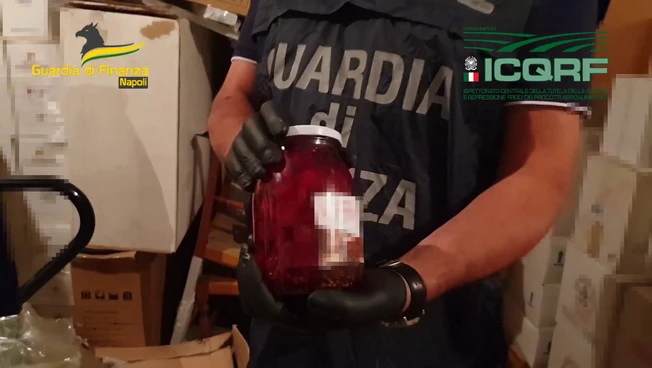
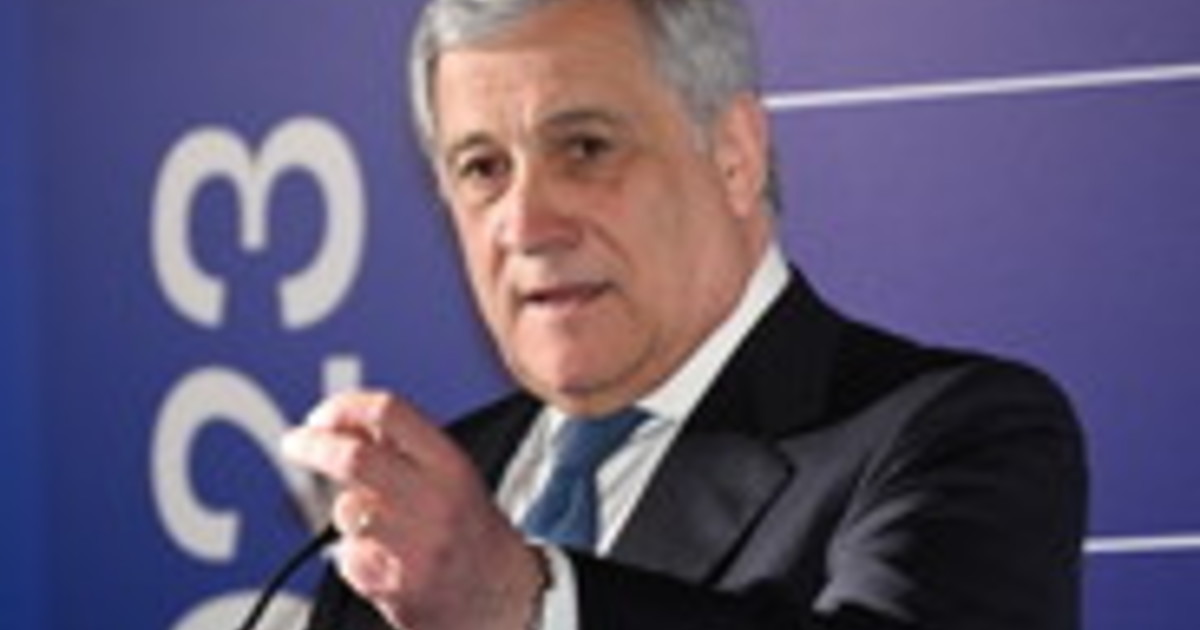
Palestina, Tajani: "No all'annessione della Cisgiordania da parte di Israele"
"Abbiamo sempre condannato con fermezza gli attacchi dei coloni estremisti contro le comunità e i luoghi di culto cristiani in Cisgiordania e siamo contrari a qualsiasi forma di annessione della Cisgiordania a Israele". Lo ha affermato il ministro degli Affari esteri, Antonio Tajani, nel corso del question time alla Camera, intervenendo sulla situazione in Medio Oriente. Il titolare della Farnesina ha ribadito che "la prospettiva di due Stati che convivono in pace e sicurezza è un obiettivo politico che il governo continua a sostenere con determinazione". Tajani ha sottolineato di mantenere "un costante contatto anche con il patriarca latino di Gerusalemme, il cardinale Pizzaballa", e ricorda l'impegno italiano per la libertà religiosa. "La libertà religiosa è una priorità assoluta della politica estera italiana. Sono troppi nel mondo i cristiani uccisi perché cristiani: continueremo a batterci perché questo fenomeno venga sempre più ridotto", ha aggiunto dopo la denuncia da parte della Germania secondo la quale Israele va verso "un'annessione di fatto" della Cisgiordania a seguito dell'approvazione da parte del gabinetto di sicurezza israeliano di nuove misure per rafforzare il controllo e aumentare gli insediamenti nei Territori occupati. "I piani di Israele volti a rafforzare il controllo sulla Cisgiordania, aprendo la strada a un'ulteriore espansione degli insediamenti, rappresentano un passo avanti verso il consolidamento dell'annessione illegale", è intervenuto l'alto commissario dell'Onu per i Diritti Umani, Volker Turk. "Se queste decisioni saranno attuate, accelereranno l'espropriazione dei palestinesi e il loro trasferimento forzato, portando alla creazione di ulteriori insediamenti israeliani illegali". "Stiamo assistendo a rapidi passi avanti verso la modifica in modo permanente della demografia del territorio palestinese occupato, privando la popolazione delle proprie terre e costringendola ad andarsene", ha affermato l'alto commissario Onu. Intanto il presidente dell'Autorità nazionale palestinese Mahmoud Abbas ha chiesto una "reazione decisa" da parte degli Stati Uniti e della comunità internazionale dopo il via libera da parte di Israele a misure volte a rafforzare il controllo sulla Cisgiordania. Durante una conferenza stampa ad Oslo, dove si trova in visita, Abbas ha precisato di aver discusso la questione con il primo ministro norvegese Jonas Gahr Store e di aver affrontato anche il tema delle violenze dei coloni israeliani e del congelamento da parte di Israele di "quattro miliardi di dollari" destinati al popolo palestinese.
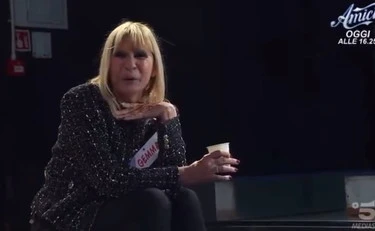
Uomini e Donne, paura per Gemma Galgani: prima la sfuriata, poi il malore
Puntata di Uomini e Donne alquanto movimentata. Il dating show di Mediaset è iniziato con una clamorosa sfuriata di Gemma Galgani al centro dello studio dopo essere stata attaccata da Tinì Cansino e Barbara De Santi. "Io non accetto assolutamente niente di tutto questo… Se è così non posso continuare … L’anima e i sentimenti qua dentro come credo pochi lo abbiano fatto…", ha detto. Ma la De Santi ha continuato comunque a inveire contro di lei. E a quel punto Gemma è scoppiata a piangere: "Con Mario ho sentito una situazione familiare, ho sentito la casa… Una cosa che non avevo mai provato, forse con Ennio… Ma nessuno ricorda quello che ho fatto io…". "Adesso tutti pronti a blaterare… Qua dentro ho portato sentimenti veri, non lo accetto … Sono vera e mi sento leale… Evidentemente non vado più bene per questa trasmissione…", ha proseguito Gemma. "Se vai avanti così sembra che reciti un’altra vota … Stai recitando… Devi fermarti… Sei teatrale…", la replica di Barbara De Santi. Ma la rabbia è stata talmente infuocata che la dama ha avuto un malore che l'ha costretta ad abbandonare lo studio per cercare di calmarsi nel dietro le quinte. [[ge:kolumbus:liberoquotidiano:46220669]] "Non c’è più prova d’appello per nessuna… Mi hanno colpita nel momento più debole della mia vita , nel momento in cui sono più devastata e non assolvo nessuna per quello che mi hanno detto…Falsa e bugiarda a me? Come vi siete permesse? E poi voi sareste quelle della solidarietà femminile…", si è sfogata Gemma. [[ge:kolumbus:liberoquotidiano:46276656]]


Bmw richiama mezzo milione di auto nel mondo per rischio incendio: problema al motorino di avviamento
La casa bavarese avvia un maxi richiamo globale per l’usura dell’interruttore magnetico del motorino di avviamento: rischio di difficoltà di accensione e, nei casi peggiori, di incendio
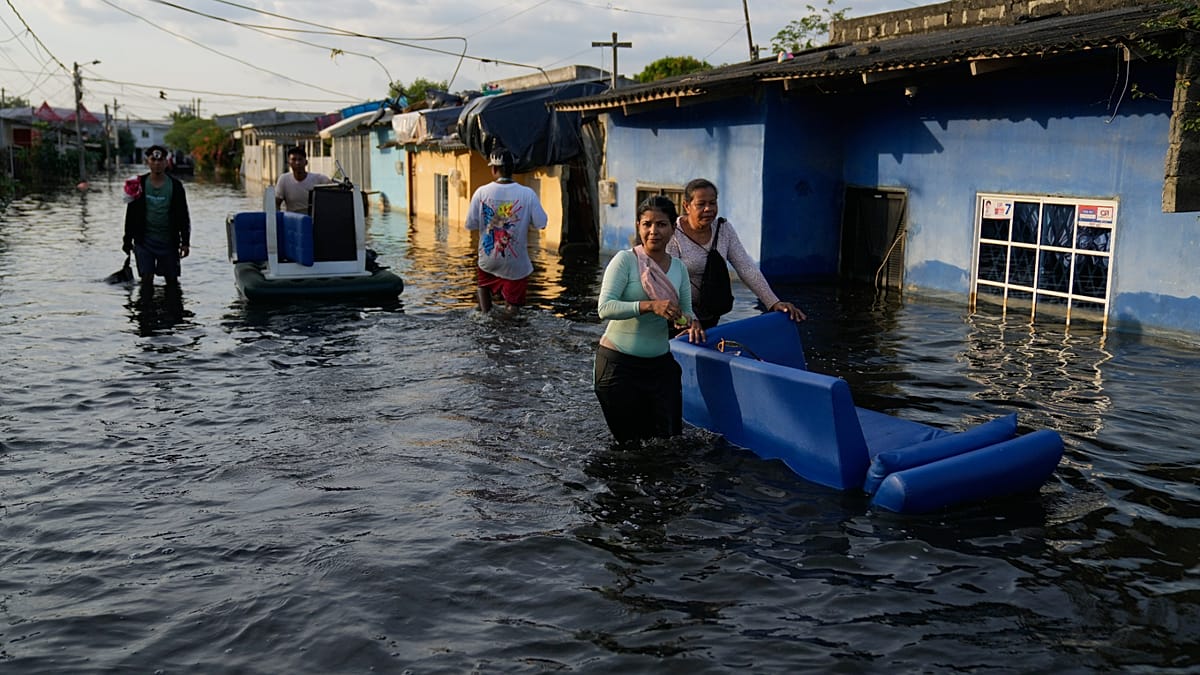
Terra serra, allarme scienziati: clima vicino ai punti di non ritorno
Cambiamenti bruschi potrebbero innescare una reazione a catena tra i sottosistemi, spingendo il pianeta verso un riscaldamento estremo e un forte innalzamento dei mari.

I primi sei episodi saranno disponibili in streaming su RaiPlay
Mare Fuori: sei stagioni in sei anni. E quando Mare Fuori 6 deve ancora uscire le cinque precedenti hanno ottenuto 490 milioni di visualizzazioni complessive. Ma manca davvero poco all’uscita dei nuovi episodi. I primi sei di Mare Fuori 6 […] L'articolo Le novità di “Mare Fuori 6”: quando esce su RaiPlay, anticipazioni e cast sembra essere il primo su iO Donna .
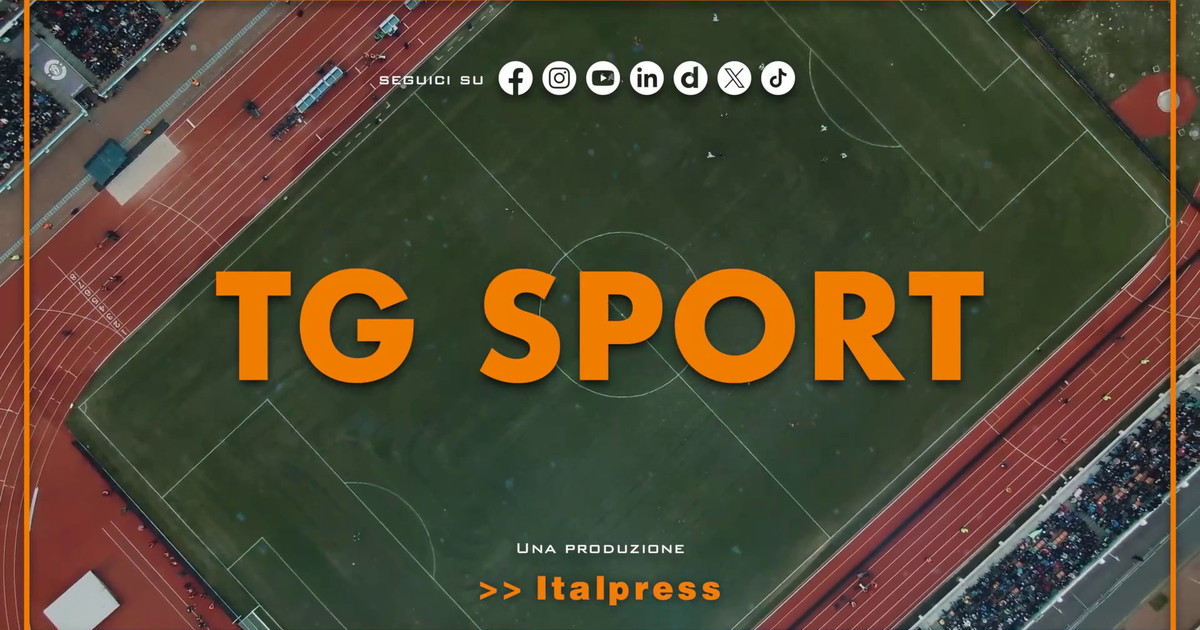
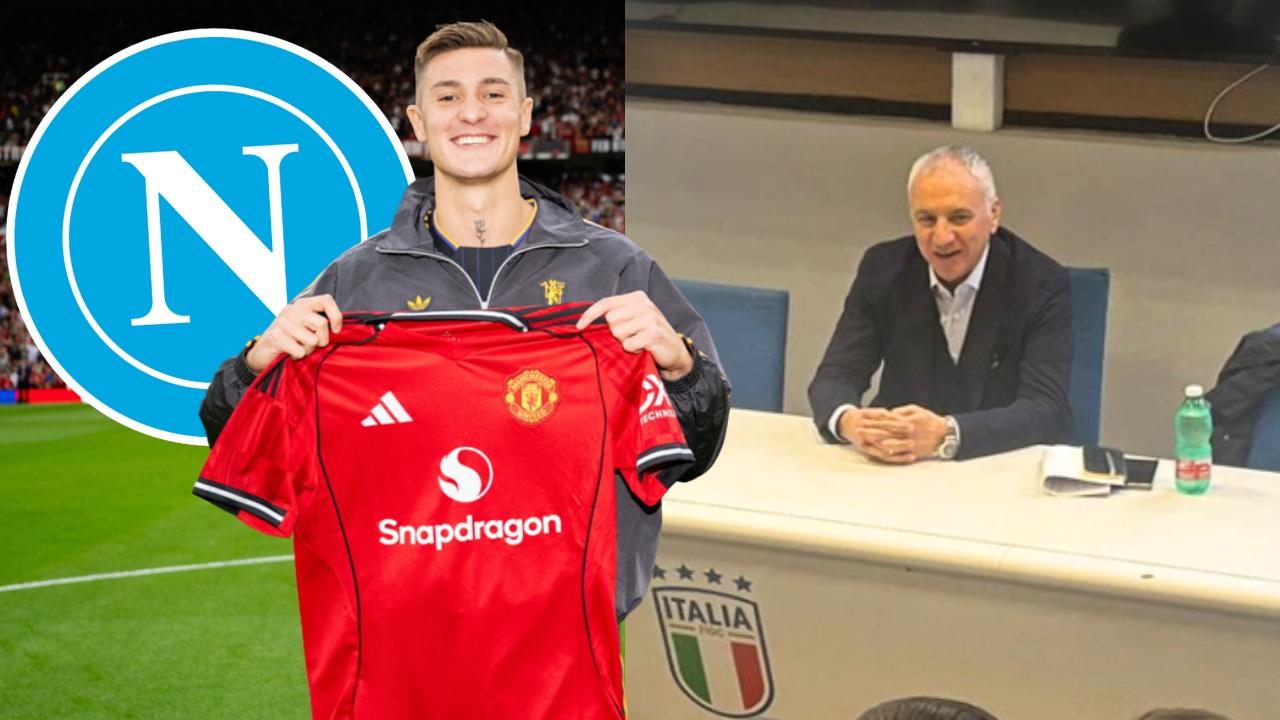
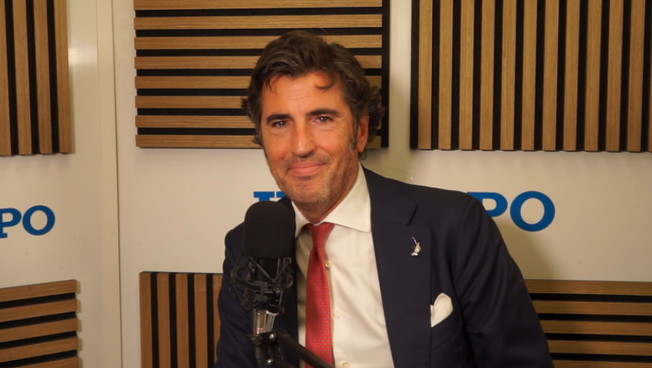
Giovani Periferie - Educare i genitori per salvare i figli
"Io sono sempre dalla parte dei ragazzi: credo che non siano i giovani di oggi ad essere peggio dei padri; quanto piuttosto siano i padri di oggi ad essere peggio dei padri di ieri”. Una frase che racchiude, senza certo esaurirlo, il pensiero del senatore Gianluca Cantalamessa e il suo impegno verso le nuove generazioni. Dal piano politico e legislativo a quello culturale e valoriale, in questa puntata di “Giovani Periferie” abbiamo parlato con lui di educazione, scuola, autorità e genitorialità nell'Italia di oggi.

Istituto Friedman: no a nuove sanzioni UE sui fertilizzanti, sono distruttive
“L’Istituto Milton Friedman, ispirato ai principi liberisti divulgati dal Premio Nobel americano, si oppone fermamente all’ipotesi di nuove sanzioni europee sulle importazioni di fertilizzanti russi o dei principi attivi necessari a produrli, come l’ammoniaca. Tali misure, avanzate nell’ambito del nuovo pacchetto sanzionatorio UE, rappresentano una forma di interventismo statale dannoso che distorce i meccanismi di mercato, penalizza agricoltori, imprese e consumatori europei e rischia di produrre un grave autolesionismo economico, senza contribuire in modo concreto alla risoluzione del conflitto in Ucraina. In un contesto di crescenti tensioni globali e di forte incertezza commerciale, nuove restrizioni sui fertilizzanti russi avrebbero effetti profondamente negativi sull’economia europea. La Russia è uno dei principali fornitori mondiali di fertilizzanti e l’Unione Europea dipende da Mosca per oltre il 25% delle proprie importazioni. Un’interruzione forzata di queste forniture comporterebbe un immediato aumento dei prezzi: esperienze recenti dimostrano che misure analoghe possono tradursi in rincari fino all’80% nel breve periodo, come già avvenuto nel 2022, quando i prezzi della potassa aumentarono di oltre il 50% in pochi mesi. I fertilizzanti rappresentano una voce di costo cruciale per l’agricoltura europea. In media incidono per circa il 6% dei costi totali di produzione, ma in Paesi come Francia e Italia questa quota arriva a sfiorare il 14% per alcune colture cerealicole. Un ulteriore aumento dei prezzi metterebbe sotto pressione i margini degli agricoltori, che non sono in grado di assorbire shock di questa entità, riducendo la redditività, scoraggiando le semine e causando cali di produzione e di resa. L’impatto si estenderebbe rapidamente lungo tutta la catena del valore. Secondo stime del Fondo Monetario Internazionale, un aumento del 10% dei prezzi dei fertilizzanti genera un incremento di circa il 7% dei prezzi dei cereali nel trimestre successivo. In un’Europa dove i prezzi dei fertilizzanti sono già superiori di circa il 20% rispetto al 2024, ulteriori sanzioni rischiano di alimentare una nuova ondata inflattiva sui beni alimentari di base, colpendo in modo diretto famiglie e consumatori. Un ulteriore effetto critico sarebbe la perdita di competitività dell’agricoltura europea. Mentre i produttori UE affronterebbero costi più elevati, i concorrenti extraeuropei continuerebbero ad accedere a input agricoli a prezzi inferiori. Ciò favorirebbe l’aumento delle importazioni e la riduzione delle esportazioni, come già osservato nel 2022, quando l’impennata dei costi produttivi ha portato, ad esempio, a un aumento del 34% delle importazioni di zucchero e a un crollo del 31% delle esportazioni europee. Il rischio è particolarmente acuto alla luce dei recenti accordi di libero scambio, incluso l’accordo UE-Mercosur: le sanzioni sui fertilizzanti amplificherebbero squilibri competitivi del tutto innaturali, favorendo produttori extra-UE più efficienti proprio mentre si elevano artificialmente i costi per gli agricoltori europei. Dal punto di vista geopolitico, infine, vi è scarsa evidenza che misure protezionistiche di questo tipo producano risultati politici duraturi. Le sanzioni commerciali tendono a colpire in modo significativo anche chi le impone, mentre nel medio periodo mercati e operatori economici si adattano, riducendone l’efficacia e irrigidendo spesso le posizioni politiche. Dal nostro punto di vista – che idealmente dovrebbe corrispondere alla posizione del centrodestra liberale europeo – queste sanzioni non solo interferiscono con il libero scambio, pilastro di oltre cinquant’anni di prosperità, ma ignorano le conseguenze economiche reali per cittadini e imprese europee. Invece di perseguire politiche protezionistiche che puniscono l’economia dell’UE, l’Unione dovrebbe inserirsi attivamente nel processo di pace promosso dagli Stati Uniti, sostenendo diplomazia e negoziati multilaterali per una soluzione giusta e pacifica del conflitto. L’Istituto Milton Friedman esorta pertanto le istituzioni europee a non adottare nuove sanzioni sui fertilizzanti. Solo evitando i fallimenti storici dell’interventismo statale e il ricorso a sanzioni inefficaci già sperimentate in passato sarà possibile salvaguardare il libero mercato, la competitività del sistema produttivo europeo, contenere l’inflazione e favorire la crescita dell’eurozona, già oggi in una fase di evidente sofferenza economica.” Così in una nota l’Istituto Milton Friedman, il quale ha elaborato anche un’analisi economica sul tema reperibile sul sito Friedman.it
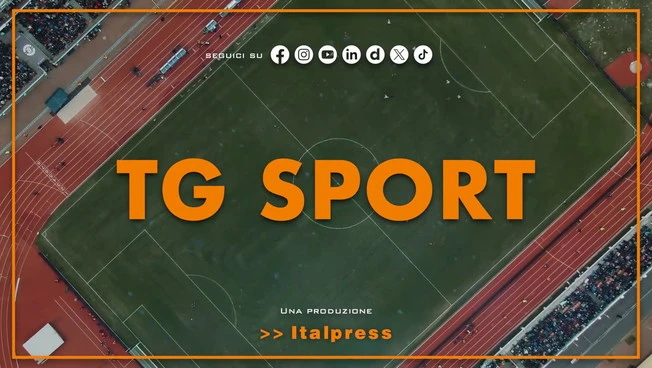
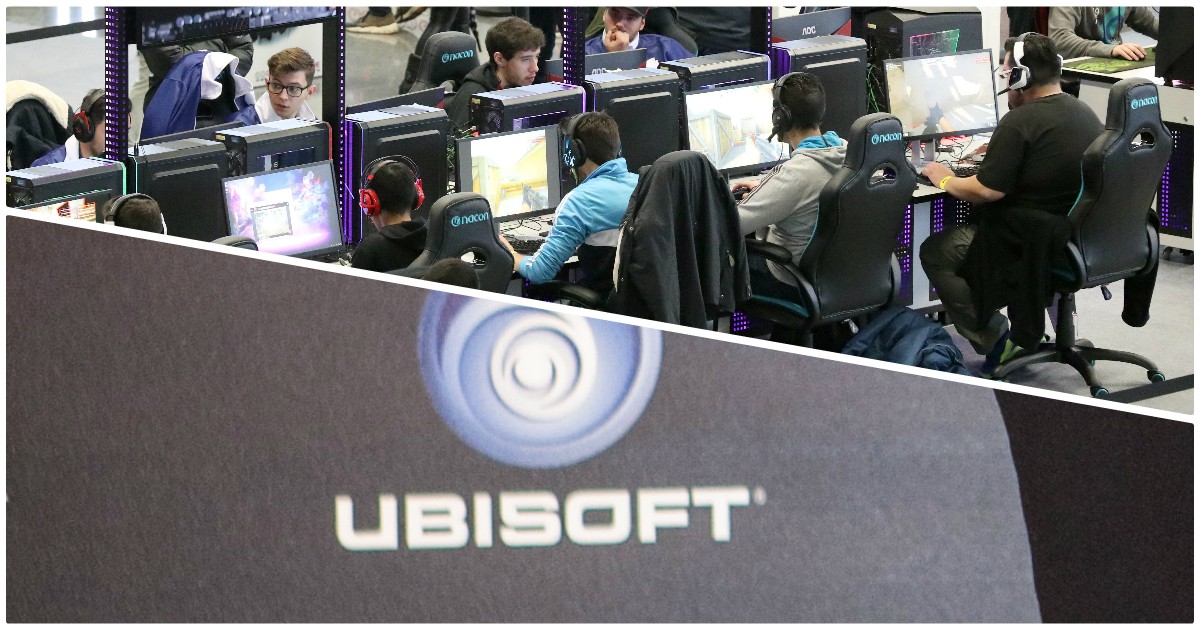
La Ubisoft di Assago toglie lo smart working: lavoratori in sciopero. Fiom: “Impensabile trasferirsi a Milano con questi costi”
‘Don’t play with our lives’. Ovvero ‘non giocate con le nostre vite’. Questa è la scritta che compare sullo striscione esposto dagli sviluppatori della Ubisoft in presidio sindacale. I lavoratori sono in sciopero da tre giorni perché la multinazionale francese del settore dei videogiochi ha fatto un passo indietro sullo smart working, imponendo ai 110 […] L'articolo La Ubisoft di Assago toglie lo smart working: lavoratori in sciopero. Fiom: “Impensabile trasferirsi a Milano con questi costi” proviene da Il Fatto Quotidiano .
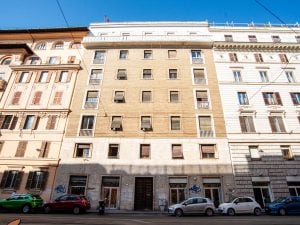
Giornalista identificato davanti alla sede di CasaPound a Roma, le opposizioni: “Doppio standard intollerabile”
La troupe di È sempre Cartabianca è stata fermata e identificata dalla Digos mentre realizzava un servizio sull'occupazione della sede di CasaPound in via Napoleone III a Roma, attiva dal 2003 e mai sgomberata. L'episodio riaccende le polemiche sul presunto doppio standard del governo sugli sgomberi e sulla tutela della libertà di stampa. Continua a leggere